OCD is short for obsessive-compulsive disorder. It can feel scary. You might worry a lot. You might do the same action again and again to feel safe. Here, we will help you spot signs of OCD. We keep it kind and clear. We want you to feel understood.
What Is OCD?
OCD is when your mind keeps giving you strong, unwanted thoughts. These are obsessions. To ease the worry from the thoughts, you may do things many times. These are compulsions. The thoughts and actions take up time. They make life hard.
OCD is not a choice. It does not mean you are weak. It is a condition that can be treated.
Common Obsessions
Obsessions are the thoughts you cannot stop. They feel stuck in your head. Here are some common ones you might have:
- Worry that you are dirty or full of germs.
- Fear that you might hurt someone by accident.
- Doubts about whether you locked the door or turned off the stove.
- Bad images or thoughts that make you feel upset, but you do not want them.
- Needing things to feel “just right.”
If these thoughts come back a lot, they may be obsessions.
Common Compulsions
Compulsions are things you do to try to calm the fear. They may help for a short time. But they often keep the problem going. Some common compulsions are:
- Washing hands many times.
- Checking locks, appliances, or lights again and again.
- Counting or repeating words.
- Arranging things until they feel perfect.
- Asking for reassurance from others all the time.
You might know the action does not make sense. Still, you feel you must do it.
How OCD Affects You
OCD can take time and energy from your life. It may make work, school, and family time hard. You might feel tired or sad. You may avoid places that make you anxious.
OCD can also make you feel ashamed. You may worry people will judge you. But many people have OCD. You are not alone.
How To Tell If It Is OCD
Ask yourself these questions:
- Do I have thoughts that repeat and cause real fear?
- Do I do things to try to stop the fear or to feel safe?
- Do these thoughts and actions take more than an hour a day?
- Do they get in the way of my work, school, or family?
- Do I feel stuck or powerless to stop?
If you answered yes to some of these, it may be OCD. You do not need to figure it out alone.
How We Can Help
At Ascension Psychiatric Services, we offer virtual care across Georgia. We treat OCD and many related conditions. Our team includes a board-certified nurse practitioner, Anthony J. Hall. He has 25 years of nursing experience and 15 years in behavioral health.
We provide:
- Medication management when you need it.
- Care for anxiety, depression, PTSD, and more.
- Telemedicine so you can meet us from home.
- Help for sleep problems and other concerns.
We listen without judging. We work with you to find the right plan.
What To Expect in Care
When you reach out, we will ask about your thoughts and actions. We will ask how they affect your day. We want to know what you have tried before. This helps us plan the best care.
Care might include:
- Talk therapy to change the cycle of fear and action.
- Medication to ease strong feelings.
- Skill training to face fears and not do the actions.
- Steps you can practice at home.
We move at your pace. You are in charge of your care. We are here to guide you.
Practical Steps You Can Try Now
These steps are simple. They are not a full treatment. They can help you start to feel more in control.
- Notice the thought. Say it softly in your head.
- Try to wait one minute before doing the action. Then try for two minutes.
- Do a short deep-breath break when the urge feels strong. Breathe in for four counts, and out for four counts.
- Tell one person you trust about your worry. Let them listen without fixing.
- Keep a small journal. Write the thought, the time you felt it, and what you did. This can help you and your care team see patterns.
If these steps make things worse, stop and get help. Always tell your care team what you try.
Caring For Yourself
OCD can be heavy. Self-care matters. Try to:
- Sleep on a regular schedule.
- Move your body each day. Even a short walk helps.
- Eat small, healthy meals.
- Reach out to a friend or family member. Talk about simple things.
- Be kind to yourself. You are not your thoughts.
Small habits can make a big difference over time.
About Ascension Psychiatric Services
Ascension Psychiatric Services provides virtual care in Georgia for OCD, anxiety, depression, and more. Led by Anthony J. Hall, a board-certified nurse practitioner with 25 years of nursing and 15 years of behavioral health experience. We offer telemedicine care from home.
Conclusion
Acknowledging OCD in yourself is a bold action. Naming the problem takes courage. You don’t need to go through this alone. Many treatments are effective. People can and do get better.
If you believe you have OCD, consult a provider. You deserve safe and clear care
FAQs
Will medicine change who I am?
Medicine can ease strong feelings. It does not change who you are.
Is OCD my fault?
No. OCD is a condition. You did not cause it. You can get help.
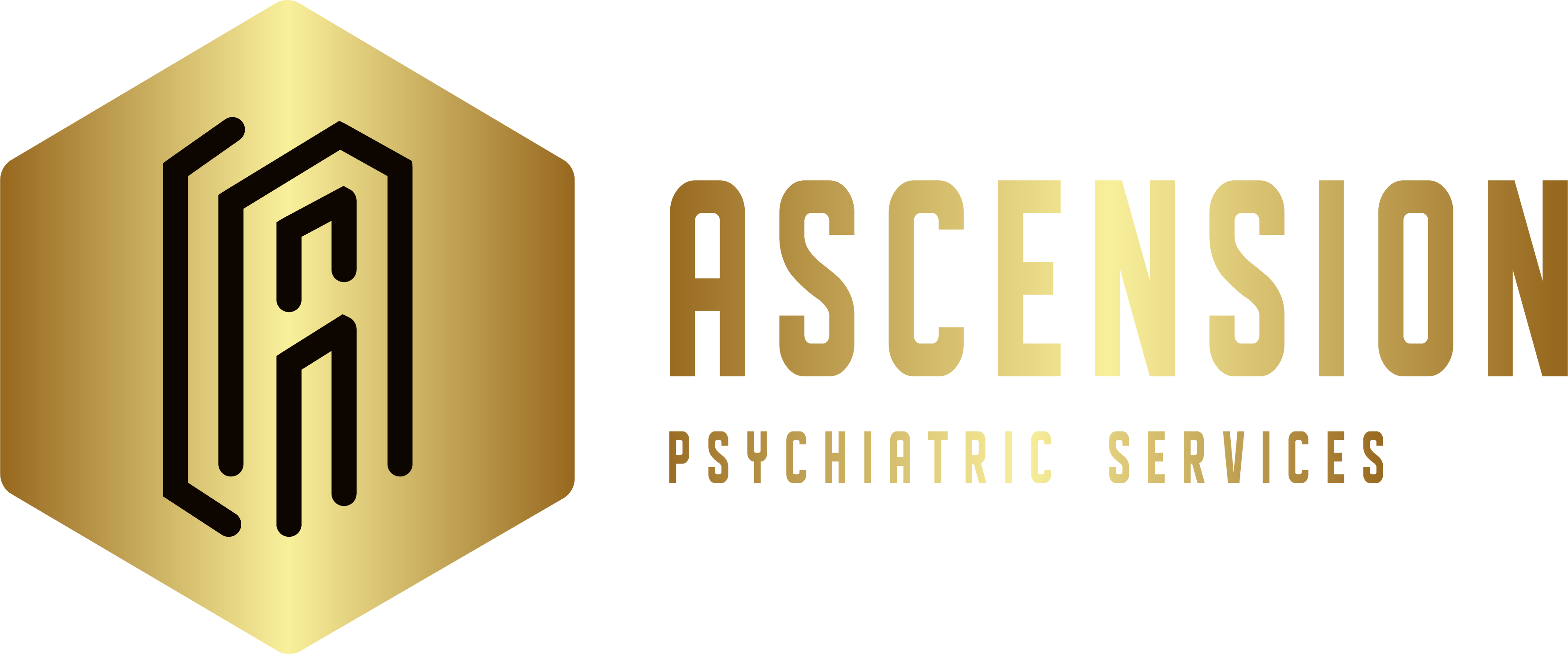
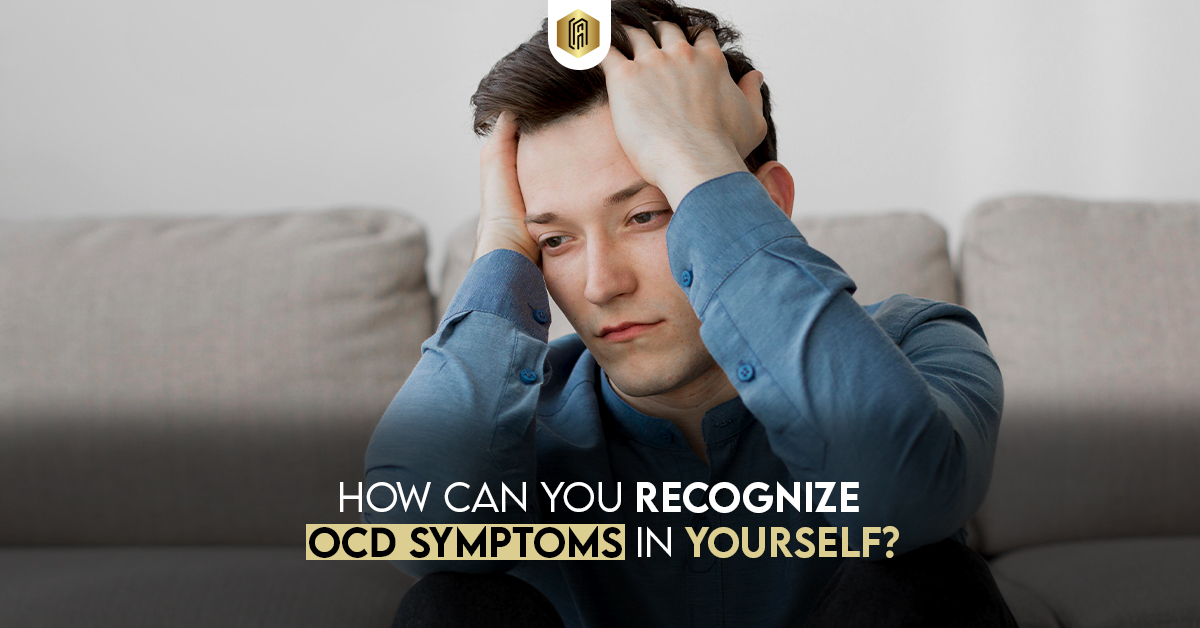
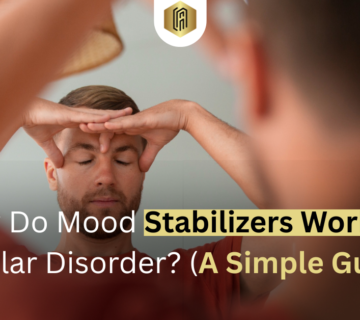
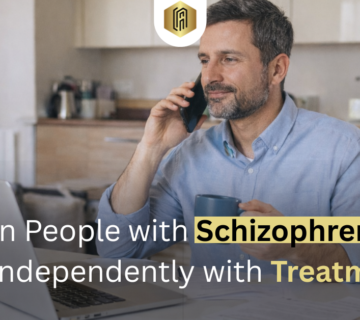
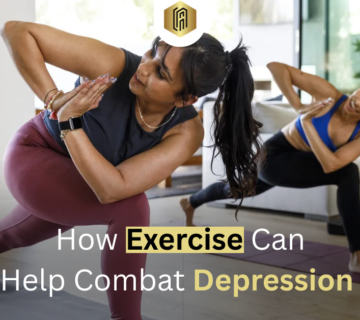
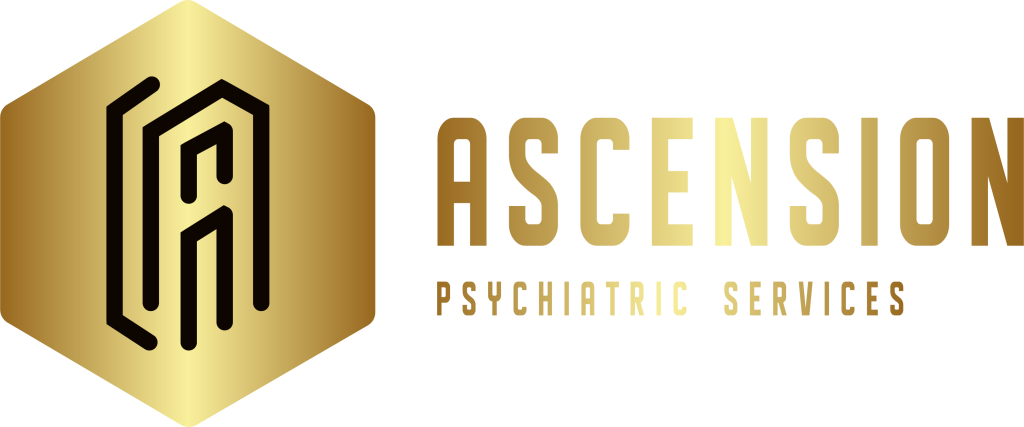
No comment